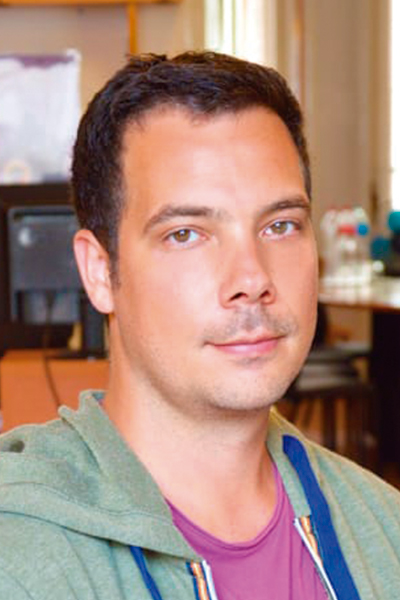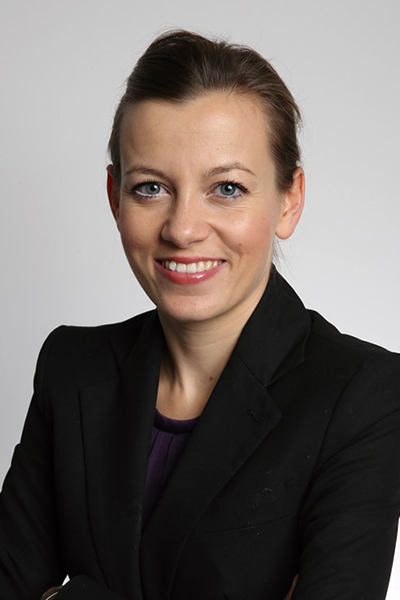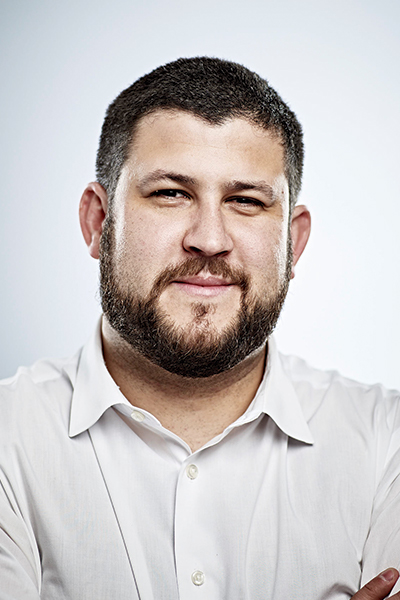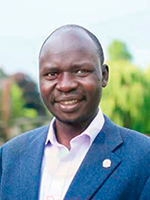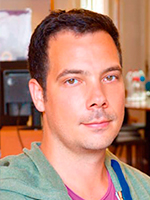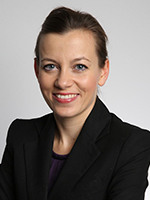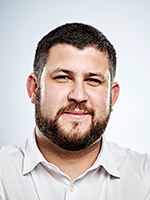WEBINAR CONVERSATION
Sustainable Democracy?
A panel of young leaders from Hungary, Venezuela, Poland and South Sudan, who are on the front lines of fighting for real, sustainable democracy, will discuss what they have learned in their struggles and how we can make the forces for good governance more muscular.
Date: Wednesday, May 5, 2021
Time: 11am EST, 5pm CEST
Click here for other time zones
About the Webinar
These distinctions have gotten fuzzy in recent years as some democratically elected presidents subverted the systems that brought them to power, as election losers seemed to also lose their right to be heard, as governments leveraged technology as well as crises to accumulate power and restrict citizen rights. Even countries without such dramatic shifts have seen a steady erosion of the social contract between leaders and citizens that have left many people feeling alienated, disregarded, and unrepresented.
Learn more
Technology, which has the potential to make democracy more effective, has instead tended to accelerate its erosion. Or, rather, it has been misused and mis-regulated in ways that have arbitrarily enhanced the role of the state at the expense of the people, have encouraged extreme partisanship, have disseminated misinformation that corrupts civic (and civil) dialogue, and have made the forms of democratic governance seem increasingly irrelevant to large—especially young—segments of the body politic.
How can democracy be renewed? Indeed, how can it be saved from what seems now to be an ever faster decline into either autocracy on the one hand, or incompetence and irrelevance on the other? How to realize the positive power of technology to inform and convene?
What can we learn from countries like Venezuela where democracy has died, or Poland and Hungary where power is increasingly concentrated and minority rights ignored? And, what about Sudan, a country that even the UN says faces “staggering challenges” on its road towards democracy?
Join us for a webinar conversation with young leaders from each of these countries who are on the front lines of fighting for real, sustainable democracy. What have they learned in their struggles that might apply to our own countries? What can they learn from each other or from us? How can we together make the forces for good governance more muscular?

